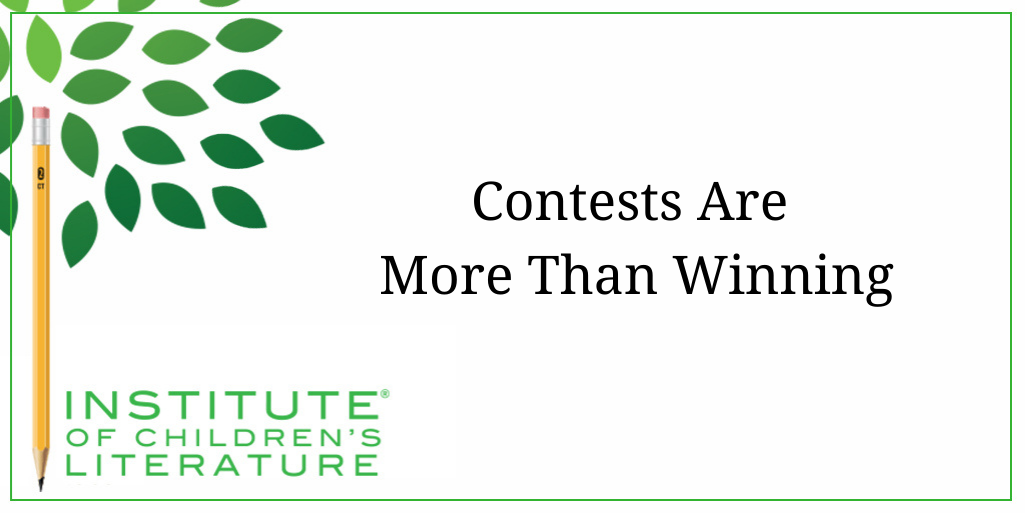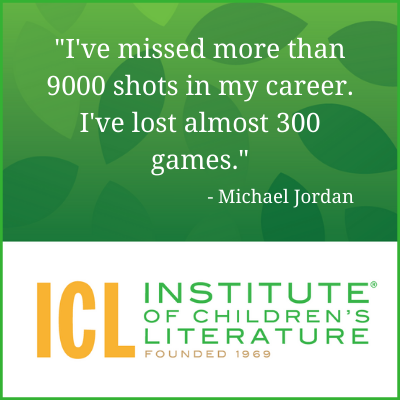
5 Ways Writers Can Prep for 2025 Goal Setting
Before we roll on to the new writing year, let’s harness our optimism for the blank slate before us and prepare for our 2025 Goal Setting just for writers.

Those who enter writing contests are optimistic by their very nature. Who can enter a writing contest without some level of belief that you might win? Sure, you might keep the belief secret, but it’s always there.
Writers tend to be optimistic by nature, no matter how much we grumble that we’re hard-boiled cynics. Still, realistically, only a small fraction of all the submissions sent to a contest will win. As a result, some writers question the value of writing contests: shouldn’t writers simply submit to markets where every story could potentially sell? This would be a fair viewpoint if the only value in a contest was winning, but a contest can actually offer a writer far more.
Sometimes staring at a blank screen or a blank page with no plan for what to write can be a little overwhelming, leaving us with a struggle to fill the blankness. Contests can be helpful for that because they all have specific requirements for entering.

I’ve even seen contests where a specific line must appear in the story or a specific object. All of these specifics can help engage your creativity and make it easier to get past that first hurdle. Gaining practice in staying creative and productive while working to specs can also be helpful for writers who eventually are offered opportunities to produce books written within very specific requirements. I know that’s been a huge part of my career.
Also, contests come with deadlines. This can also be helpful for writers who tend to push off actually writing (in other words, procrastinators). With a deadline, you know you must finish the story and get it sent by a specific date. This is not only helpful for the procrastinating writer, it’s helpful practice for the future. In any successful writing life, you must eventually learn to work with deadlines.
Most of us understand that in any contest, there is competition. You start off understanding that your submission is competing with every other submission. We know that we might not send in the very best submission in the viewpoint of the judge and we accept that. If you don’t win, you weren’t rejected. It’s disappointing (no matter how much we pretend that we knew our story probably wouldn’t win) but it doesn’t feel as personal as a rejection letter.
All publishers want their whole book line to share certain traits. They may not be obvious traits to someone pouring over the publisher’s catalogue but to the publisher, they’re clear as crystal, even if difficult to define. Therefore, a very good book might simply not fit into the overall book line. Also, a very good book might land in the submissions pile exactly when the publisher has filled all the slots for that sort of book, whether it’s books with male leads or books of a specific genre or books for a specific age group. Any book submission can be rejected for all sort of reasons that have nothing to do with quality.
Submitting to contests can help us get used to the idea that (1) something might not have worked in this particular instance but (2) it should simply be sent somewhere else. So the piece written and polished and perfected for a contest will be perfectly ready for other submissions after the contest is over.
Some contests offer some kind of critical response. There may be the option for direct feedback or you may be able to hear a general overview of things the contest judges saw. These sorts of things can be helpful for any last-minute polishing after the contest is over, and increase the chances that the story you wrote for a contest will go on to sell somewhere else.

photo by vlada karpovich
For most contests (and certainly for any you should consider entering) the writer hands over none of the publishing rights for any piece that doesn’t win. This means that if you don’t win, you are immediately ready to send the piece on to somewhere else. For some contests, publication of the winners (or even runners-up) is built into the contest. In that case, you will likely have to agree to a limited licensing of publishing rights.
If the winner is published as a book, always be sure there will be a separate contract that you will have the option to agree to or reject if you are the winner. You don’t want to be tied to a horrible contracts simply by winning. Most of the time, contests do say the winners are offered a contract, so you will get to decide then if the contest terms are acceptable.
Whatever you do with a writing contest, don’t let it be the end point for the manuscript. If you win, it will often mean publication in some form, but if you do not, there is no reason to let the piece drop. I’ve known of authors who actually submit the same story to a succession of contests and collect more than one win (note that this must nearly always be done in succession, not at the same time. Contest rules rarely allow writers to submit a story to more than one contest at a time).
Other times, winning pieces go on to be published elsewhere (though more polishing and revising may happen before then). The main thing writing contests are good for is getting the ball rolling. They give a writer the incentive to write. They offer deadlines and guidelines. They may or may not result in publication but can certainly be a launching point for submission. So, writing contests can be great. Maybe it’s time to consider one
Now’s the perfect time to consider an IFW or ICL contest. Check out our Writing Contests page for all the details.
With over 100 books in publication, Jan Fields writes both chapter books for children and mystery novels for adults. She’s also known for a variety of experiences teaching writing, from one session SCBWI events to lengthier Highlights Foundation workshops to these blog posts for the Institute of Children’s Literature. As a former ICL instructor, Jan enjoys equipping writers for success in whatever way she can.

Before we roll on to the new writing year, let’s harness our optimism for the blank slate before us and prepare for our 2025 Goal Setting just for writers.

Writers can be thin-skinned when it comes to getting feedback on their work. Let’s look at 4 ways to positively deal with constructive criticism!

Rejection is part of the territory when it comes to being a writer. Today we offer reflection for writers to help redirect your efforts after a rejection.
1000 N. West Street #1200, Wilmington, DE 19801
© 2024 Direct Learning Systems, Inc. All rights reserved.
1000 N. West Street #1200, Wilmington, DE 19801
© 2024 Direct Learning Systems, Inc. All rights reserved.
1000 N. West Street #1200, Wilmington, DE 19801
© 2024 Direct Learning Systems, Inc. All rights reserved.
1000 N. West Street #1200, Wilmington, DE 19801
© 2025 Direct Learning Systems, Inc. All rights reserved.
1000 N. West Street #1200, Wilmington, DE 19801
©2025 Direct Learning Systems, Inc. All rights reserved. Privacy Policy.
2 Comments